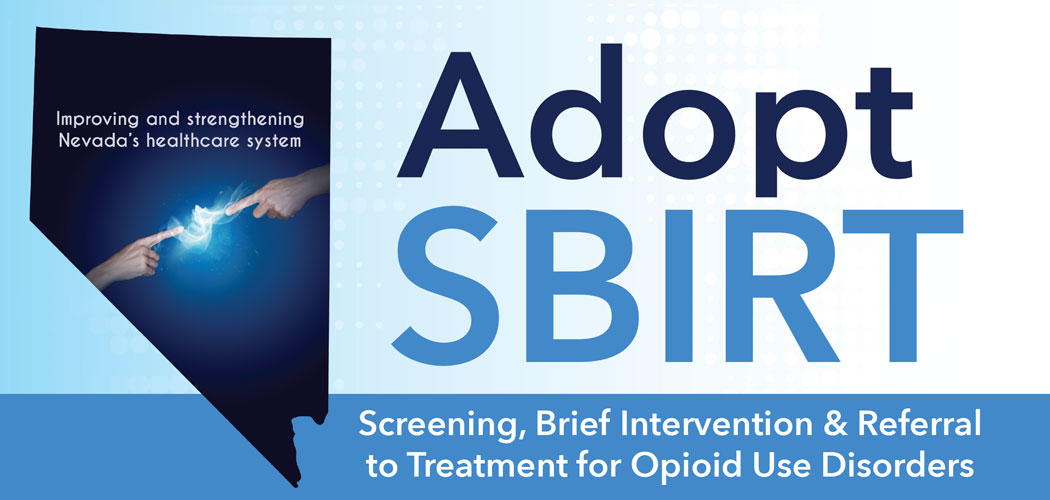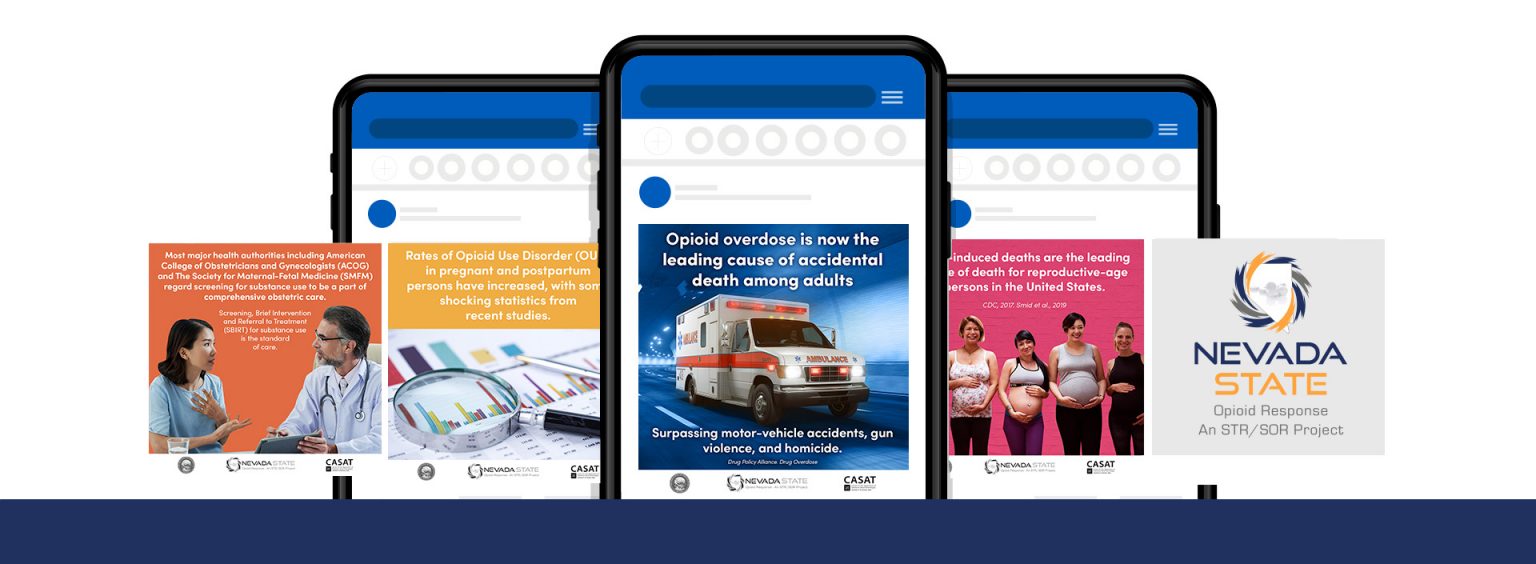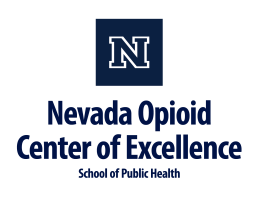
SBIRT (Screening, Brief Intervention, and Referral to Treatment) is important for opioid use because it provides an effective framework for early identification and intervention, which can prevent the escalation of opioid misuse into addiction. By incorporating SBIRT into various healthcare settings, practitioners can:
- Identify Early: Quickly screen individuals to detect risky opioid use before it develops into a more serious disorder.
- Intervene Promptly: Engage in brief interventions that can motivate individuals to change their behavior and reduce opioid use, minimizing health risks.
- Facilitate Access to Treatment: Ensure that individuals who need more intensive support are referred to appropriate treatment programs, improving their chances of recovery.
This proactive approach can significantly reduce the incidence of opioid use disorder, lower healthcare costs, and improve overall public health outcomes.
What Are We Doing?
Performing Screening, Brief Intervention, and Referral to Treatment (SBIRT) for substance use in every pregnant and non-pregnant person of reproductive age.
Why are we doing SBIRT?
Drug-related deaths contribute to pregnancy associated deaths, with substance use being a preventable causal or correlating factor in maternal mortality. SBIRT for substance use needs to be done as part of your duty as a medical professional. It is the standard of care.
Where are we supposed to do this?
In all settings where a pregnant person or non-pregnant person of reproductive age seeks services.
Who can do this?
A wide variety of health care staff can perform SBIRT, including physicians, nurses, nurse practitioners, physician assistants, licensed midwives, and licensed clinical social workers.
When are we supposed to do this?
All Physicians, Advanced Practitioners and Nurses: When a pregnant or non-pregnant person of reproductive age is being seen for the first time (first contact). – or – When you first recognize a pregnancy. Additionally, on an annual basis, if you are providing continuous care for a pregnant or non-pregnant person of reproductive age.
How do I do this?
The Adopt SBIRT team at CASAT/UNR serves Nevada with expertise and key resources to assist organizations to promote, prepare, adopt, and implement SBIRT. Please complete the Online Training Readiness Form (see link above) to get started today
SBIRT Resources
Websites
Adopt SBIRT
Screening, Brief Intervention, and Referral to Treatment (SBIRT)
Tools & Resources
teachSBIRT Curriculum Infusion Packet (CIP)
The Conversation Guide for Delivering a Trauma-Informed Brief Intervention
Screening Tools
Reference Guide for Labor and Delivery Complicated By Substance Use
Reference Guide for Reproductive Health Complicated by Substance Use
Posters & Infographics

